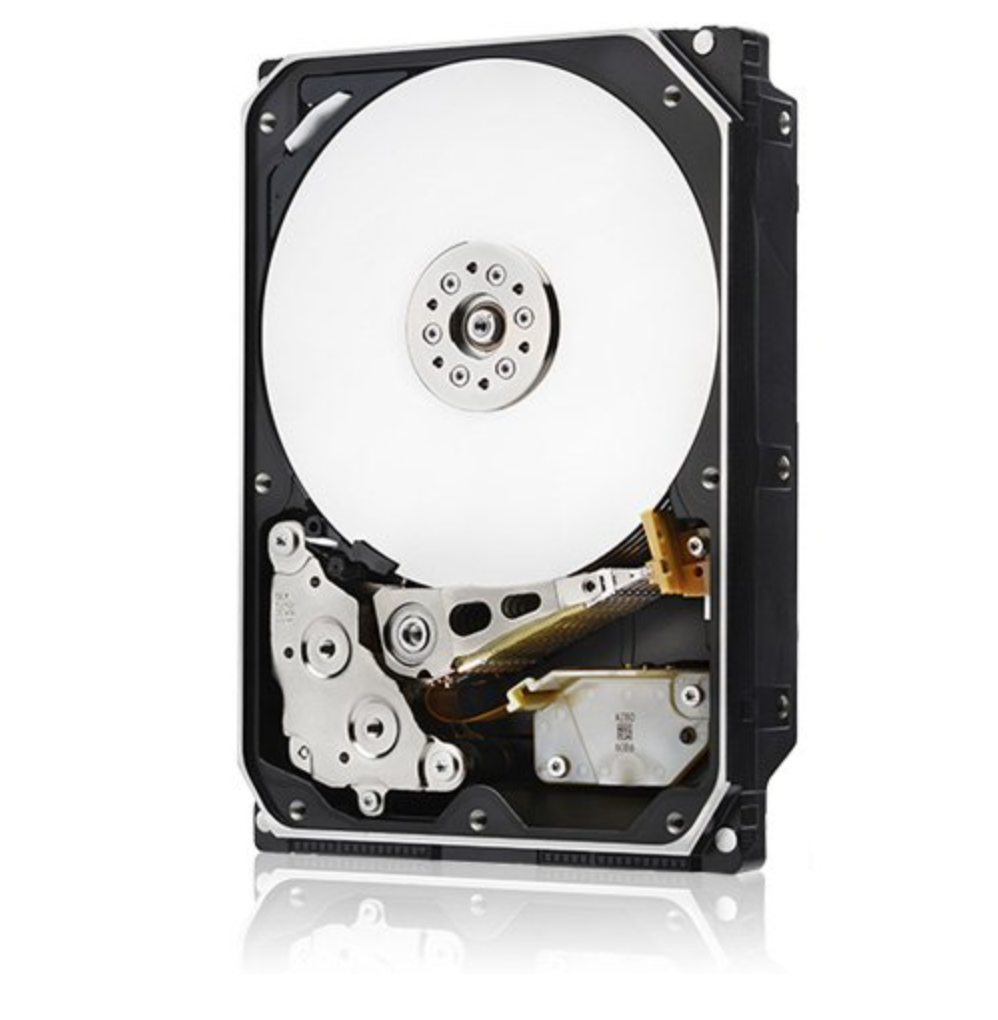Associate
- Joined
- 14 Apr 2024
- Posts
- 7
- Location
- UK
Bought a new machine
ROG Strix B650E-F Wifi
Ryzen 7 7800X3D
Corsair Vengeance EXPO 32GB PC5-41600C40 5200Mhz
Gainward GeForce RTX 4070 Super Ghost 12GB
Gigabyte UD1000GM PG5 1000W PSU
1Tb WD Black SN770 M.2 SSD
Windows 11
All these bits work fine. However, I have two problems. I'm trying to add SSD's and Sata HDDs from my old Windows 10 setup and I get some odd behaviour that I just cannot figure out.
I add a Samsung Evo 970 2Tb SSD using a Sata cable to the Sata port and it finds the drive. However when the machine fires up, it takes ages to get into Windows, eventually coming up with "the drive has been repaired" and now when I see it in Windows, it appears to be in a RAW format, and I'd have to format it to get it to work. I do not want to do this!
Secondly, if I power down, take the SSD off and put either of my two SATA HDDs (either a Seagate Barracuda 2TB or a Samsung HD103UJ 1 Tb) on exactly the same cables, when I fire up Windows, these drives are recognised at all! No sight of them, not in device manager, nor in the disk management.
I'm stuck because I can't see how the SSD can be recognised, but not the SATA drives, and also how the SSD which worked fine on my old Windows 10 machine now reports as unformatted! Help please
ROG Strix B650E-F Wifi
Ryzen 7 7800X3D
Corsair Vengeance EXPO 32GB PC5-41600C40 5200Mhz
Gainward GeForce RTX 4070 Super Ghost 12GB
Gigabyte UD1000GM PG5 1000W PSU
1Tb WD Black SN770 M.2 SSD
Windows 11
All these bits work fine. However, I have two problems. I'm trying to add SSD's and Sata HDDs from my old Windows 10 setup and I get some odd behaviour that I just cannot figure out.
I add a Samsung Evo 970 2Tb SSD using a Sata cable to the Sata port and it finds the drive. However when the machine fires up, it takes ages to get into Windows, eventually coming up with "the drive has been repaired" and now when I see it in Windows, it appears to be in a RAW format, and I'd have to format it to get it to work. I do not want to do this!
Secondly, if I power down, take the SSD off and put either of my two SATA HDDs (either a Seagate Barracuda 2TB or a Samsung HD103UJ 1 Tb) on exactly the same cables, when I fire up Windows, these drives are recognised at all! No sight of them, not in device manager, nor in the disk management.
I'm stuck because I can't see how the SSD can be recognised, but not the SATA drives, and also how the SSD which worked fine on my old Windows 10 machine now reports as unformatted! Help please



